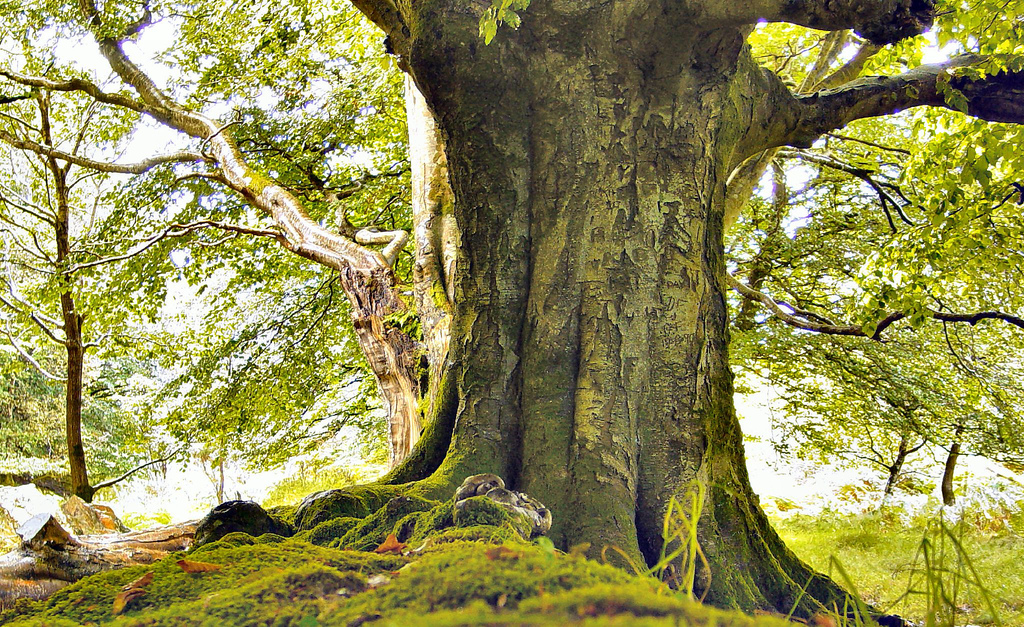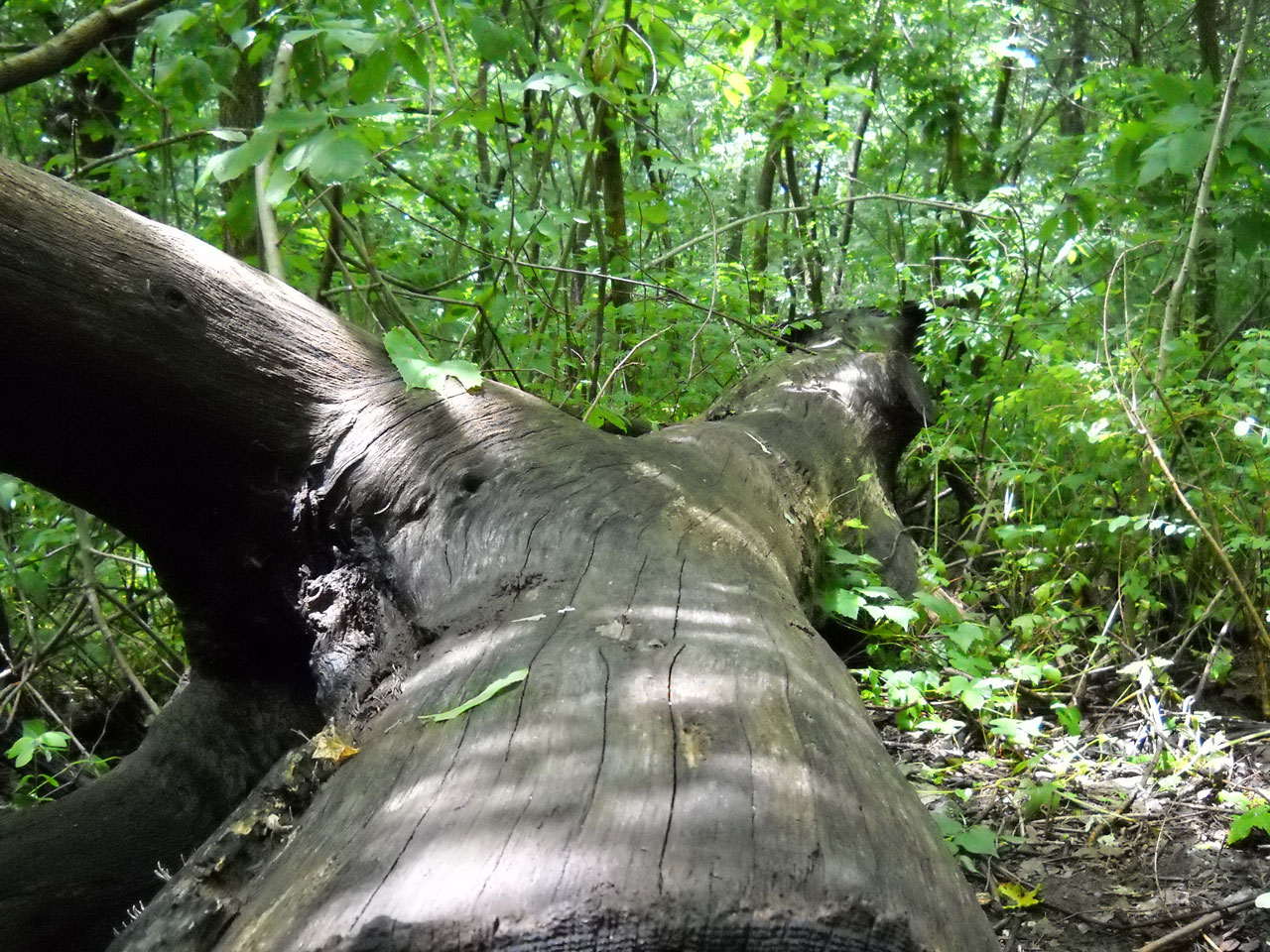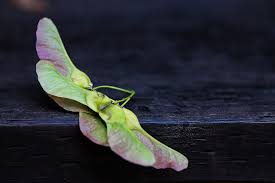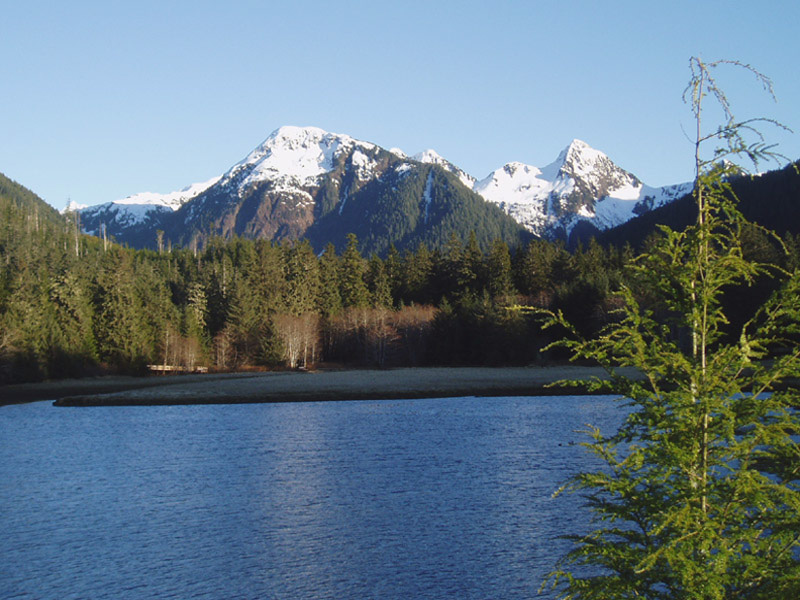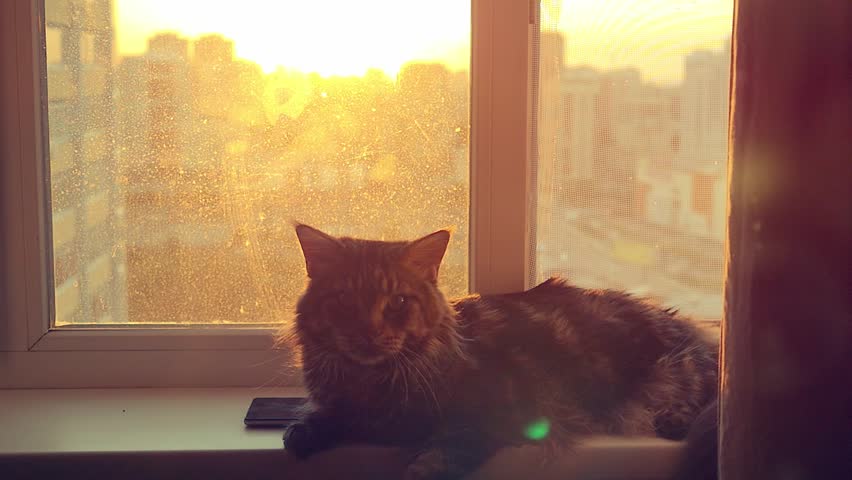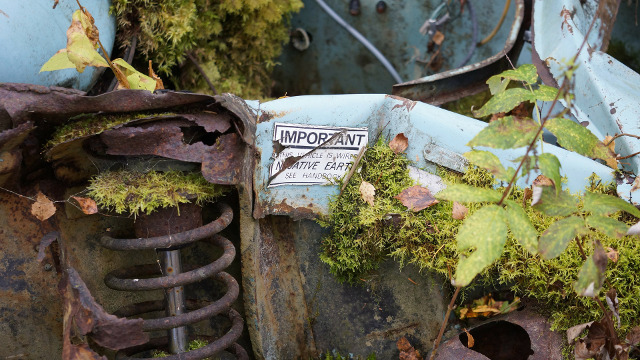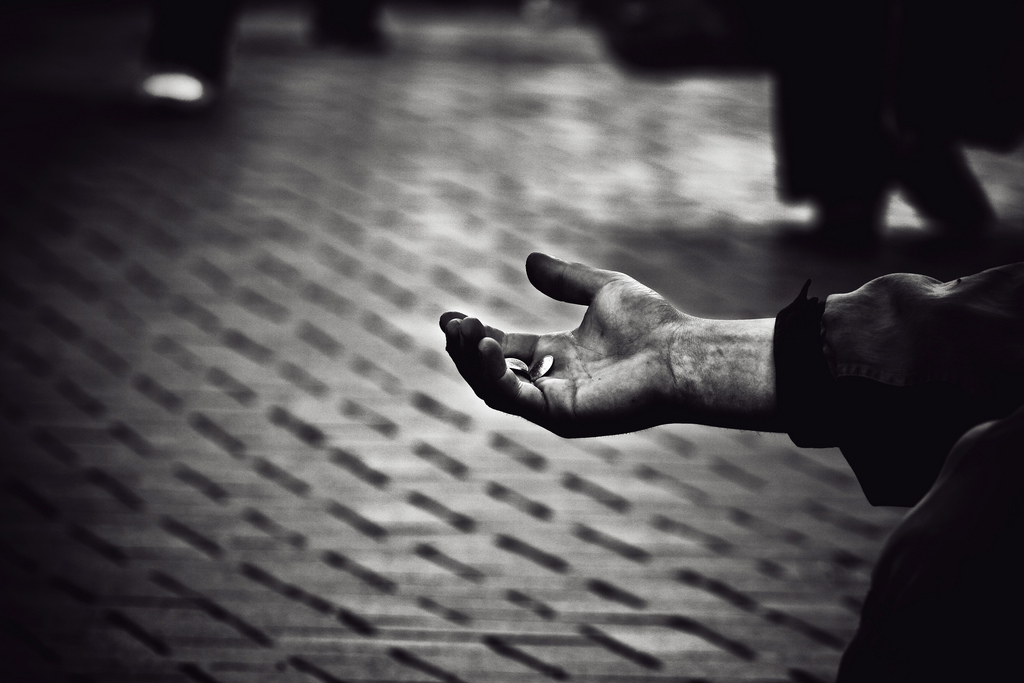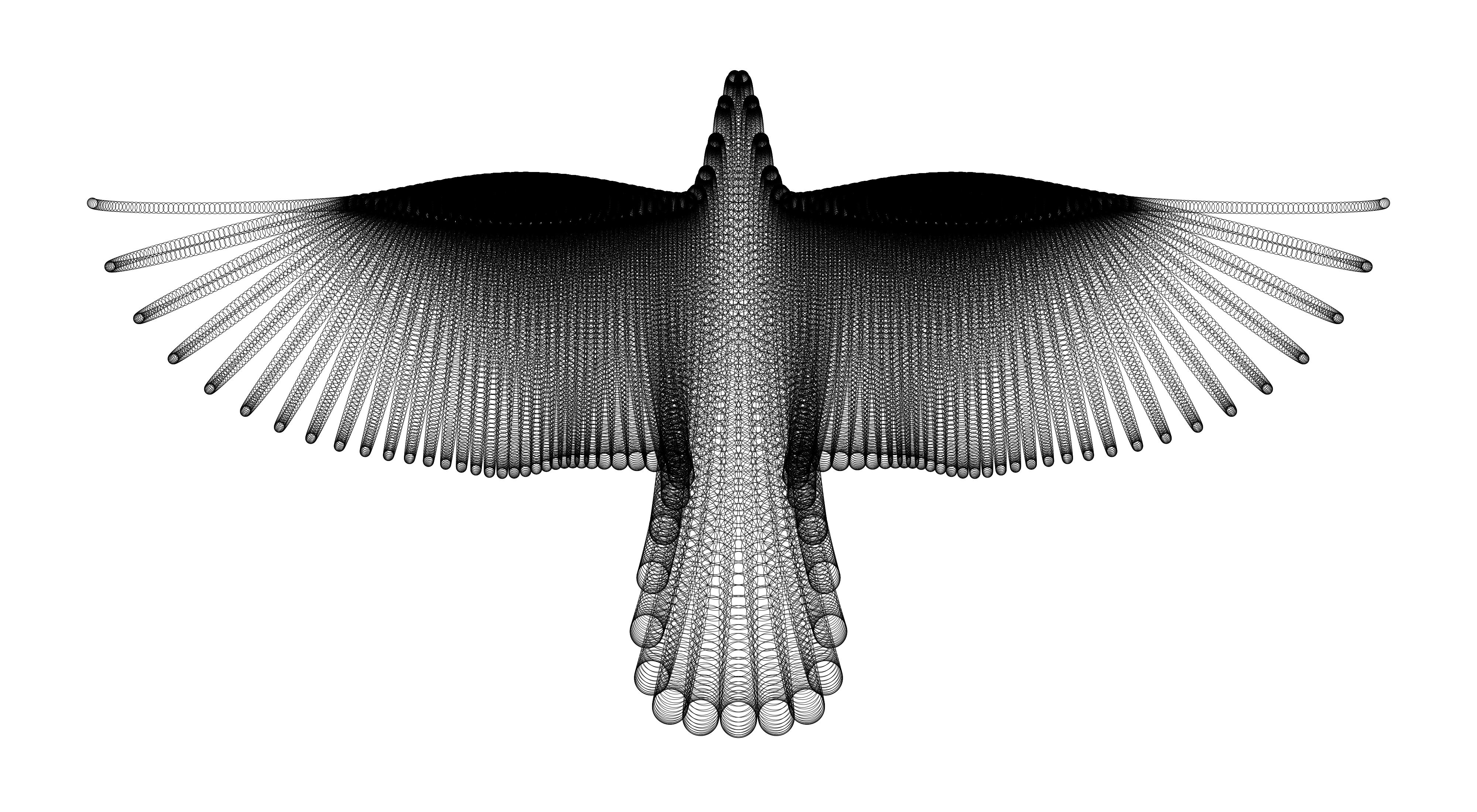
Cityscapes By Dimple Shah
We are alone, walking on the street, staring at that particular nothingness that exists just a couple of feet ahead of us, at eye level.
We stand alone in the elevator, surrounded by pressing bodies jutting into us as the door closes on our 10 seconds quarantine. A smorgasbord of cologne and nicotine wafts over us while we observe napes and cowlicks, collars and wingtips.
We sit alone on the large floors with rows of desks, in cubicles and open plan offices, with connections all over the world. The hum of power and ambition drown out our attempted camaraderie. By ourselves in the coffee shops and smoking zones, in our libraries and chat rooms, we get our fixes in anonymity.
We cruise the aisles of supermarkets and shopping malls, circling like large birds of prey, filling the emptiness. The tomatoes blush at our social awkwardness.
We strive to connect at singles bars and pulsating nightclubs. Music and alcohol conspire to obliterate our thoughts as we sing along to another’s words.
Isolated in our schools and our classrooms, we treat knowledge as currency. Books wish they could organise their own book burning with shame.
We are alone in our gyms and pools, flagellating ourselves to the sound of podcasts and playlists, clad in our Lycra and Velcro armour.
In the dark in movie theatres, and plays and concerts, our singular experiences with art make way for mindless, pretentious chatter during intermission.
We segregate ourselves in our cars, and in our trains and subways, trying to decipher the names on spines of books that others read, watching with interest as the woman seated across applies lipstick without a mirror.
In cafeterias, and restaurants, we peruse elaborate menus and today’s specials on the blackboards, and nitpick on the lighting for that perfect picture of steaming noodles or pink seared meat, served with cursory dialogue on the side.
We pray in secret in our temples and churches, our mosques and synagogues, searching for the heaven that will make sense of our living hell. If we listen closely, we might hear the sound of the universe laughing.
In our parks and in our playgrounds, with our Fitbits and the screens in our hand, we try to catch make believe monsters, bumping into each other like wounded bats.
We are alone on our dates and our dinners. We are alone on our wedding night, our birthdays, and anniversaries. The calendar feels the weight of our self-importance and falls off the nail in the wall.
On our holidays, in the forests and on the beaches, we try to capture our perfect moment of loneliness to share with the world. The list of mountains to climb grows longer, even as our relevance decreases at an exponential rate.
We age and die and go mad. In our hospices and hospital wards, in our asylums and recreation centres, our limbs shake, like dead leaves on rotting branches, as we try to learn new tricks in the game of survival.
The lady walking in front of us trips and falls. Her shopping bags skitter away from her hands, straining to hold their innards but failing. Her handbag winds up under her hip with the strap half suspended over her shoulder. She is a large woman, and she looks comical, lying there with her legs splayed out, dress hiked above her knees, enough to flash a glimpse of her unattractive underwear, because she didn’t think to wear the lacy black thong just to pick up the milk and bananas.
We are laughing together – bystanders, strangers. The woman grins, sheepish, as she struggles to stand up and pull her dress down and collect her wayward stuff. We coexist in this moment of a mishap.
We come together as skin and lips and tongues and limbs. We shine bright, like stardust, like a thousand million suns, before our radiance eclipses our momentary happiness. A child’s laugh rings out, filling the void.
We cheer as one at football matches, and political rallies, and protests, revelling in shared righteousness and ranting against otherness. Drinking beer is the acceptable way to conclude a lynching.
We stand together behind the sniper’s stock, the wayward missile, the extremist’s explosion. Widows and orphans will be cared for from our collective largesse.
We come together in criticizing, and judging, and denigrating, and discriminating.
We are together when we scream aloud with a strident, binary voice and deafen the world.
I am alone again, walking on the street, staring at that particular nothingness that exists just a couple of feet ahead of me, at eye level.
Dimple Shah arrived in Hong Kong 10 years ago and promptly decided to forego a lucrative career in Banking and Finance for the unquantifiable joys of writing. An avid consumer of words all her life, she has only recently officially assumed the mantle of producer of words and spinner of yarns. Read more about her and her work at www.dimpleshahchronicles.com
